Dmitry Peskov, the press secretary to President Vladimir Putin, is generally not known for eloquence. But his comment last week (June 7) about the North Atlantic Treaty Organization’s exercises in the Baltic region stands out both for its convolutedness and uncharacteristic meekness. His point, reproduced by all Russian mainstream media, can be approximately translated as:… Read more »
Open Access – Our Academic Responsibility

Illustration by Marina Noordegraaf. Via Flickr.
The Norwegian government wants Norway to be a forerunner in the effort to ensure open access to published research. To this end, the government established a working group at the start of 2016, assigned with the task of compiling guidelines for open access to scientific papers. We, the working group, submitted our recommendation on 14 June.
We recommend a number of measures to accelerate the transition to open access. We believe, for example, that Norway needs to amend its current methods for quality evaluations and accreditation of publications, as the current publication indicator seems to be an obstacle for open journals.Read More
This Week in South Sudan – Week 23
Tuesday 7 June Authorship of New York Times Op-ed debated: “South Sudan Needs Truth, Not Trials” The Guardian: “South Sudan leaders did not sign off New York Times article, aides say” Foreign Policy: “The New York Times South Sudan Op-Ed That Wasn’t” The Washington Post: “Who wrote that op-ed? The New York Times isn’t sure.”… Read more »
It’s Time to Open our Eyes to Women’s Involvement in Peace Processes
Women are central contributors to peace processes. But the crucial roles that women play in transitions from war to peace are rarely acknowledged. The focus on the negotiating table and formal politics – the diplomatic aspects of conflict resolution – is a too narrow understanding of peace processes. Recent case studies on Somalia and Bosnia found that such a narrow focus has undermined the many arenas in which women contribute. It is necessary to reconsider the way we think within the field of ‘Women, Peace and Security’.
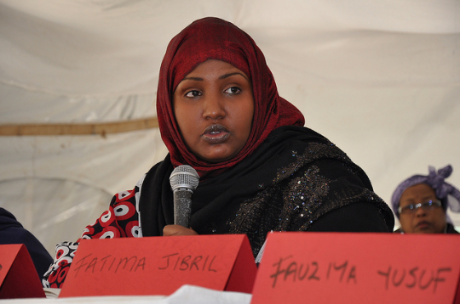
Fatima Jibril, Founder of Somali Horn Relief International, speaking at the Global Open Day for Women and Peace 2010. (Credits: UNIFEM)
Peace is not created at the negotiating table alone. In countries struck by armed conflict whole populations are severely affected. Peacebuilding does therefore not merely happen on paper, but in the people and societies where peace is to be created. Peace mediators and other relevant actors need to broaden their horizons. By examining women’s roles a more thorough understanding of peace processes can be obtained. When men go to fight, women often become the main providers of their families and relatives and take over many of the roles previously occupied by men. In transitions from war to peace, women are active in various societal arenas such as through civil service, education and voluntary organisations. Women therefore have knowledge and experience that is crucial for societal transitions towards more sustainable peace.Read More
Norway and Kenya Prepare for Forceful Returns of Somalis
As the blessed month of Ramadan begins, many here in Mogadishu are concerned about the security situation, with talks of increased numbers of Al-Shabaab insurgents entering the city in preparation of carrying out attacks.
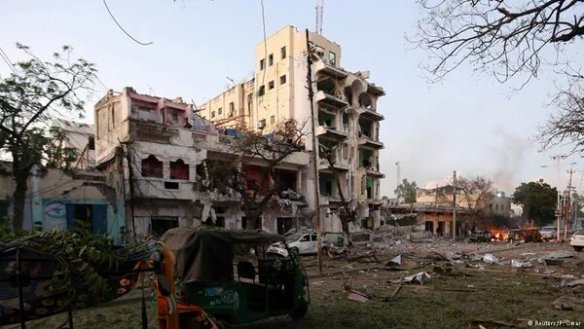
“Do not be fooled by this city. For it may look normal, but what you see is an illusion. The reality is that the security is so fragile”
Political Defeat – Military Inadequacy! The Swaddling Blanket of Intervention
The military interventions by the West in the Middle East, Afghanistan and North Africa in recent years are examples of bold and efficient use of force resulting in immediate achievement of goals. Saddam Hussein’s military forces were defeated, the Taliban were deprived of their havens and possible massacres in Libya were prevented. The attempts however to build stable democracies in the aftermath of such use of military force have been less successful. Iraq, Syria and Libya are all once again experiencing significant conflict, and the Taliban are back on the advance.
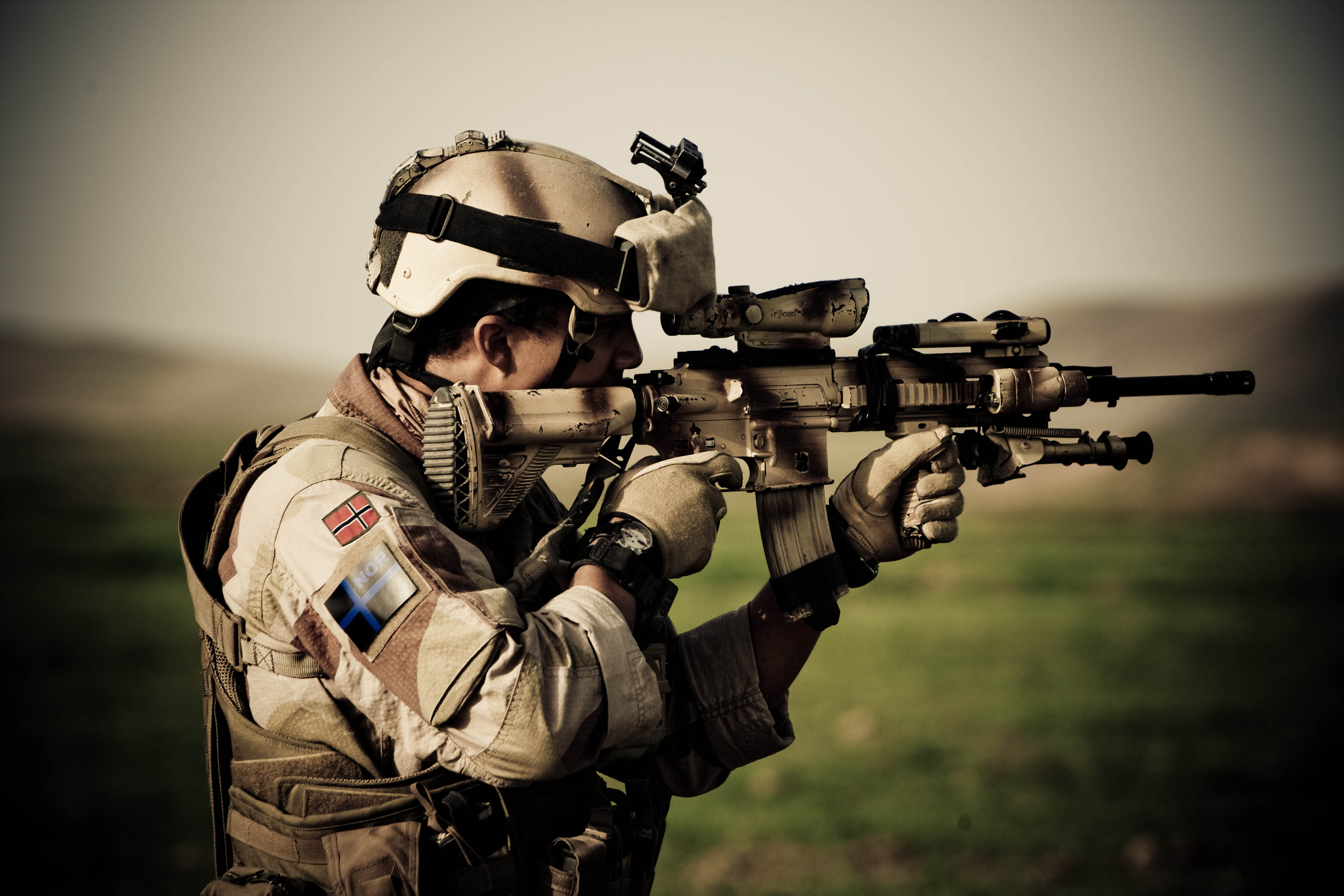
A Norwegian soldier on a mission in the Faryab province, Afghanistan. PHOTO: Creative Commons
Against the Merger of Humanitarianism with Development and Security
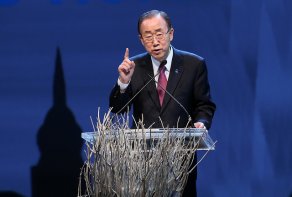
Opening of the World Humanitarian Summit in Istanbul, May 2016
In the recent World Humanitarian Summit in Istanbul 23-24 May, the interconnections between humanitarianism, development and security were highlighted. Recognising that humanitarian assistance alone cannot address ‘the needs of over 130 million of the world’s most vulnerable people’, the conference chair’s summary report states: ‘A new and coherent approach is required based on addressing root causes, increasing political diplomacy for prevention and conflict resolution, and bringing humanitarian, development and peace-building efforts together’ (page 2). Similarly, the background report of the UN Secretary General – One Humanity: shared responsibility – prescribes the merger of humanitarian policies with peace and development agendas. These agendas include the prevention and management of conflict and disaster, the building of institutions conducive to ‘the protection of civilians’, the fight against terrorism, and the building of ‘resilient societies’.
Yet, while coordination across these policy domains is certainly needed, the current challenge for humanitarianism is rather to establish a clearer division of labour between them, where humanitarian relief retains its political neutrality, development aid its concern with justice, and where policies of peace and security maintain focused on the mitigation of international and civil war rather than a broader humanitarian agenda of ‘human security’.
This Week in South Sudan – Week 22
Wednesday 1 June The UN Security Council unanimously renewed until 31 May 2017 sanctions against South Sudanese leaders perceived to be blocking peace, security and stability in the country. Thursday 2 June There are conflicting interpretations within the presidency of the mandate for the announced committee to review the 28-state plan. Friday 3 June Renewed clashes between… Read more »
African Drone Proliferation: The Meaning of Leapfrogging
The ongoing drone proliferation throughout Africa has received little critical attention. However, African drone proliferation has become a vehicle for the production and distribution of forms of legitimacy and of resources that have implications for drone proliferation both within and outside Africa. More specifically, the perception of Africa as being in need of external drone intervention dovetails with the drone industry’s efforts to identify and promote good uses for drones — efforts that are central to increasing the legitimacy of drones in the eyes of the Global North. This blog post discusses the ways in which drones are presented as a means of “leapfrogging” past Africa’s development problems.
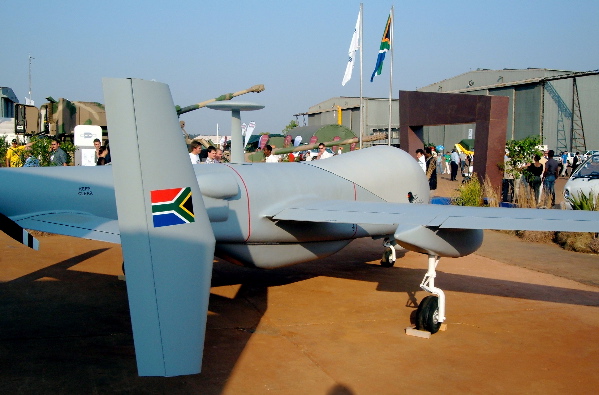
A South African Drone. PHOTO: Creative Commons
Russia is showing uncharacteristic prudence – Why, and will it last?
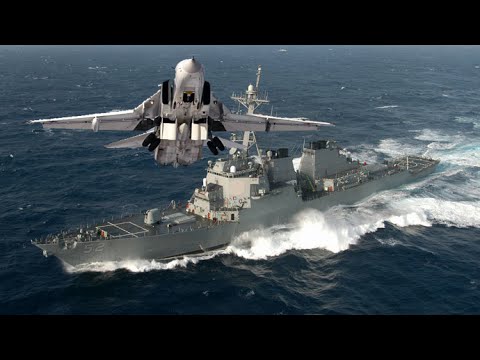
Russian Su-24 performing a mock attack on USS Donald Cook.
With the NATO summit in Warsaw coming up in July, the rhetoric in many Western quarters is becoming shriller about the need to contain Russian aggression. There are good reasons for concern about Russia’s intentions and capabilities, as elaborated at the recent Lennart Meri conference in Tallinn. But in the last couple of months, Moscow has actually been quite prudent. This self-restraint is entirely uncharacteristic and is often accompanied by typically assertive language, but it shouldn’t be ignored and deserves a closer look.Read More